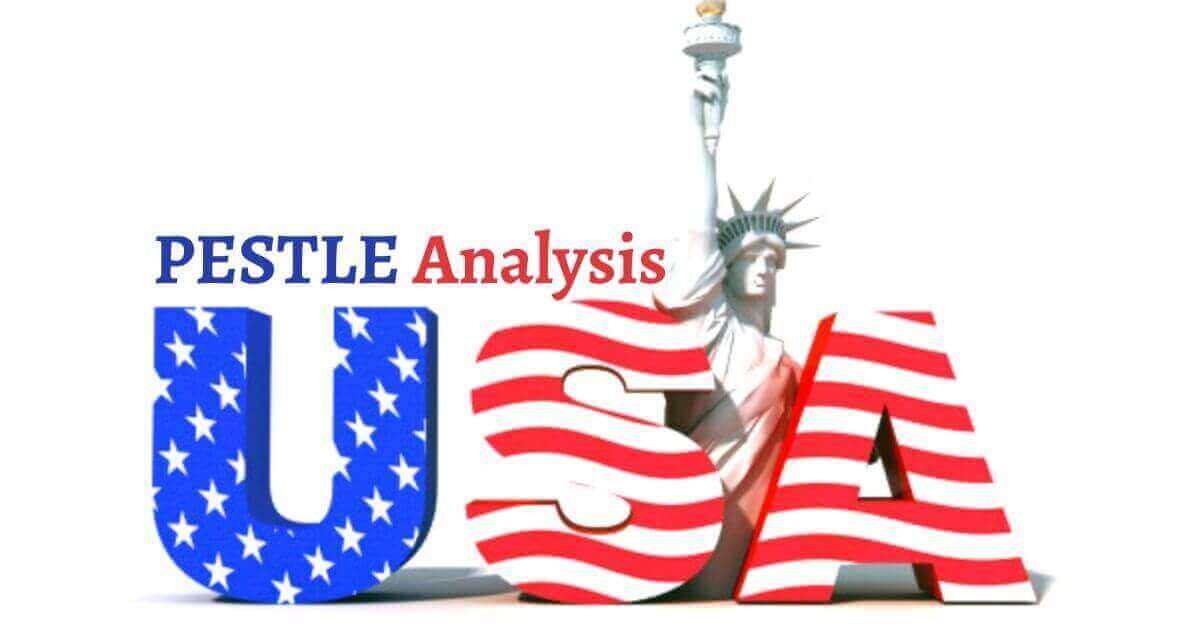Pestle analysis of Japan. East Asian Country, Japan, is situated in the northwest of the Pacific Ocean. Tokyo is the capital of Japan. The country shares the border with the East China Sea on the north and Taiwan on the south.
Approximately 377,975 square km is Japan’s total area, and it’s the 61st largest country in the world. Roundabout more than 125,570,000 people live there, which makes her the 11th most populated country around the globe. Tokyo is her most populated city comprising of 37.4 million people, and it’s also the world’s most populous city.
One of the world’s earliest civilizations of Japan dates back to 30,000 BC. Heian Kyo unified the Kingdom of Japan during the period of the 4th to 9th century. There was a long period of dictatorship and civil war during the Middle Ages. Tokugawa Shogunate reunified the country under the feudal military system in 1603, and the country remained isolated for the next more than 200 years. The Empire of Japan started following western modernization, constitution, and industrialization in 1868. Japan attacked China, participated in the 2nd world, and finally surrendered in 1937, 1941, and 1945.
Today, we’ll study the pestle analysis of Japan. It would focus on the macro-environmental factors of the world’s most industrially advanced country. For internal factors, check out the swot analysis of Japan. Here’s the pestle analysis of Japan as follows;
Political factors impacting Japan
Government System
Japan follows the constitutional monarchy and unitary parliamentary system of government and administration. Japanese emperor has minimal power relevant to political matters like many other monarchs of the world. The cabinet and the Prime Minister control the affair of the country. The government, constitution, and the people consider the emperor as the symbol of the state and uniting people.
International Community
The constitution of Japan follows the pacifist approach towards globalization. She’s also one of the world’s largest aid donors to the international community. She has a stable political environment.
China is the world’s most powerful country industrially and technologically, and she’s a neighbor to Japan. Both countries have a long conflicted history with each other. Japan has also got political and territorial conflicts with other countries like North Korea, Russia, and South Korea.
Diplomatic Relations
Japan has built a perfect relationship with the USA after the nuclear attack during the 2nd world war. Their relationship includes the matter of security and foreign policy. She has also got excellent relationships with other advanced countries like Germany, Australia, UK, India, and France. Diplomatic relationships play a significant role in foreign direct investment and trade policies.
Economic factors affecting Japan
High GDP
According to a financial estimate, Japan’s annual GDP was 4.911 trillion US dollars in 2020, and it’s the 3rd highest in the world. Out of which, per capita earning was 39048 dollars, and it is 22nd highest in the world. She’s the 2nd most powerful economy in Asia after China and 3rd across the globe. Japan is also a member of organizations like ASEAN, APEC, G20, and G7.
Multinational Companies
Japan is home to some of the world’s top industries in different categories like food processing, textile, chemicals, ships, machine tools, and electronic equipment. Some of her worldwide popular automobile companies are Yamaha, Mitsubishi, Nissan, Mazda, Suzuki, Honda, and Toyota. She has a mixed economy of both free and controlled.
Import & Exports
Some of Japan’s significant imports are industrial raw materials, wood, aluminum, copper, ore, iron, coal, gas, and oil. Her central importing countries are Australia, Germany, South Korea, the USA, and China.
Some of Japan’s major exports are industrial printers, parts of vehicles, cars, electronic equipment, etc. Her major exporting countries are Thailand, Hong Kong, South Korea, China, and the USA.
It’s because of her increasing exports; that the value Japanese yen has improved.
Corporate Taxes
Japanese companies have to pay huge taxes to the government on their total income. Foreign companies have to pay taxes to the Japanese government on the income they earn from Japan.
The country has divided the taxes into 4; corporate tax, special local corporate tax, enterprise tax, and corporate inhabitant tax. Her corporate tax in 2020 was 23.2%, and the government plans to decrease the corporate tax rate to 20%. If the companies increase the wages, it will increase the local spending in the economy.
Social factors impacting Japan
High Population
Japan is the 11th most populous country in the world, comprising more than 125.57 million people. Her 99% of the population speaks the Japanese language. Buddhism and Shintoism are the two main religions and beliefs in Japan.
Aging Population
The average life of men and women in Japan is 81 and 87 years old. Japan is facing two significant social challenges; an increasing aged population and a decreasing birth rate. It puts the future of the country in grave jeopardy. Some experts predict that Japan’s people will be around 100 and 87 million people in 2050 and 2060 if it reduces at the same pace.
Many politicians are promoting immigration policies to cope with the future challenges of the workforce. The population reduction would also result in the form of losing power and control in Asia.
Homemade Products
The reason foreign companies fail in Japan is that Japanese people prefer local homemade products over foreign products. For instance, Tesco, Wendy’s, and many other brands failed in Japan. They had to shut down all of their stores. It’s important to mention that the foreign companies had to pass the environmental scanning test before running their country’s operations.
Technological Factors Affecting Japan
Innovation & Creativity
Japan has a worldwide reputation for innovation and creativity. The country has developed innovative technology over the years. Her creativity manifests itself in many fields she has led robotic technology, especially industrial robots, and she’s using the automation system in the airports and hospitality industry.
Payment System
Japan has been using the online payment system long before many countries weren’t even familiar with this technology. She has made tremendous growth in many areas like semiconductors, rail transport, optics, chemicals, and research and development. Her development has provided opportunities both for Japan and worldwide.
Legal Factors Affecting Japan
Laws & Regulations
Japanese people perform different working roles like directors, independent contractors, dispatched workers, employees, and many more. Companies and businesses must register them to provide accident insurance, unemployment insurance, health insurance, and pension insurance. Her people are happy with the legal system. Her legal system provides employment rights like maternity leave, holidays, work breaks, and maximum work hours.
Environmental factors affecting Japan
Environmental Challenges
Japanese people are responsible citizens, and their country is less polluted than other developed countries. Her industrial development poses some environmental challenges like industrial waste, modern society’s trash, and waste management issues. The government is facing the challenge of minimizing the waste to limit environmental pollution.
Natural Disasters
Japan is one of those countries that have been extensively struck by natural disasters like volcanoes, cyclones, mudslides, earthquakes, floods, and Tsunamis. She had to pay billions of dollars for rebuilding and restoration. Natural disasters have also impacted here tourism industry, and the language barrier is also the reason.
Conclusion: Japan PESTLE Analysis Example Country
After a careful study of Japan’s pestle analysis, we’ve concluded that Japan is the world’s top tech and industrial country. Natural disasters, lower birth rates, and an increasing aged population are serious challenges. Japan should find a way to address these issues; while paying heed to the external political, economical, social, technological, legal, and environmental factors impacting the country.

Ahsan Ali Shaw is an accomplished Business Writer, Analyst, and Public Speaker. Other than that, he’s a fun loving person.


